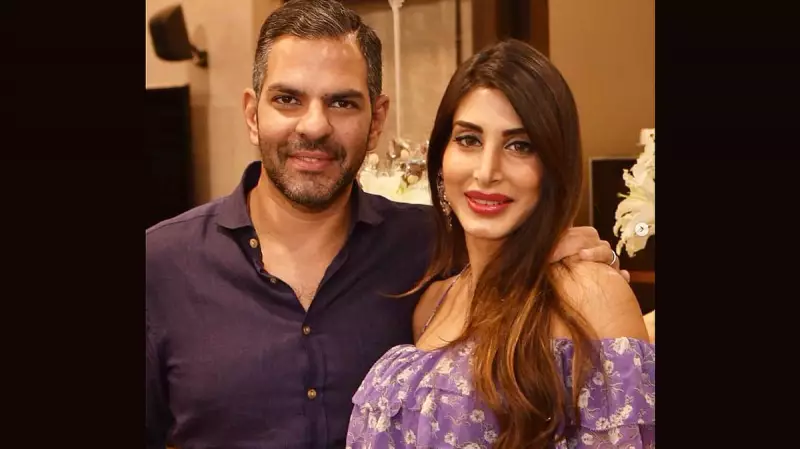
The Delhi High Court recently witnessed a significant legal proceeding where the practice of husbands transferring all their assets to their wives was defended as a "healthy tradition" that has been maintained over time. The arguments were presented during a hearing that has captured public attention regarding marital property rights and cultural practices in India.
Court Proceedings and Legal Arguments
Senior advocate Rajiv Nayar, representing Priya Kapur, made submissions before Justice Jyoti Singh on November 20, 2025. During the proceedings, Nayar articulated that the tradition of husbands giving their assets to their wives represents a positive cultural practice that has stood the test of time. "It's a healthy tradition which perhaps has been maintained," the senior advocate stated before the court.
The case brings to light important questions about property rights within marriages and how traditional practices intersect with modern legal frameworks. The arguments presented suggest that this practice represents more than just financial transactions but embodies trust and mutual responsibility within the marital relationship.
Cultural Context and Legal Implications
This legal defense raises significant questions about how Indian courts view traditional practices in the context of contemporary property laws. The characterization of asset transfer as a "healthy tradition" suggests it's viewed as beneficial for marital harmony and financial security.
The timing of the hearing and the nature of the arguments indicate a growing recognition of women's financial security within marital relationships. Such cases often set precedents that influence how similar matters are handled in family courts across the country.
Broader Impact and Future Considerations
Legal experts are watching this case closely as it could have far-reaching implications for marital property disputes and inheritance patterns. The court's eventual ruling may provide clarity on whether such traditional practices should be encouraged, regulated, or left to individual discretion.
The case also highlights the evolving nature of marital relationships in modern India, where traditional practices coexist with contemporary legal frameworks. As society changes, the legal system continues to grapple with how to balance cultural traditions with individual rights and financial protections.
This proceeding before Justice Jyoti Singh represents another chapter in the ongoing dialogue between tradition and modernity within Indian family law, with potential consequences for how marital assets are managed and protected in the future.





